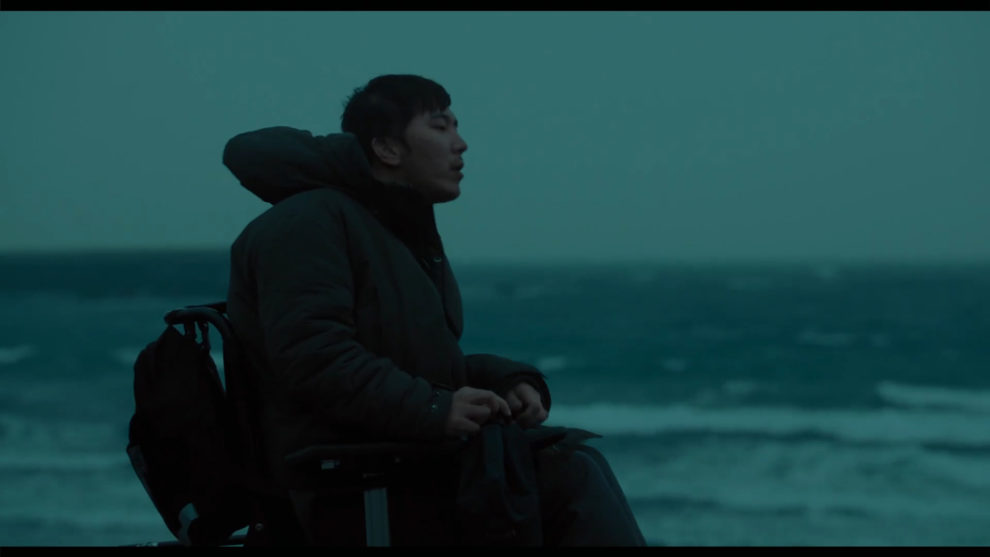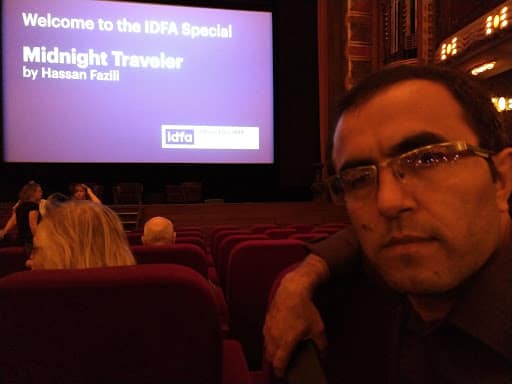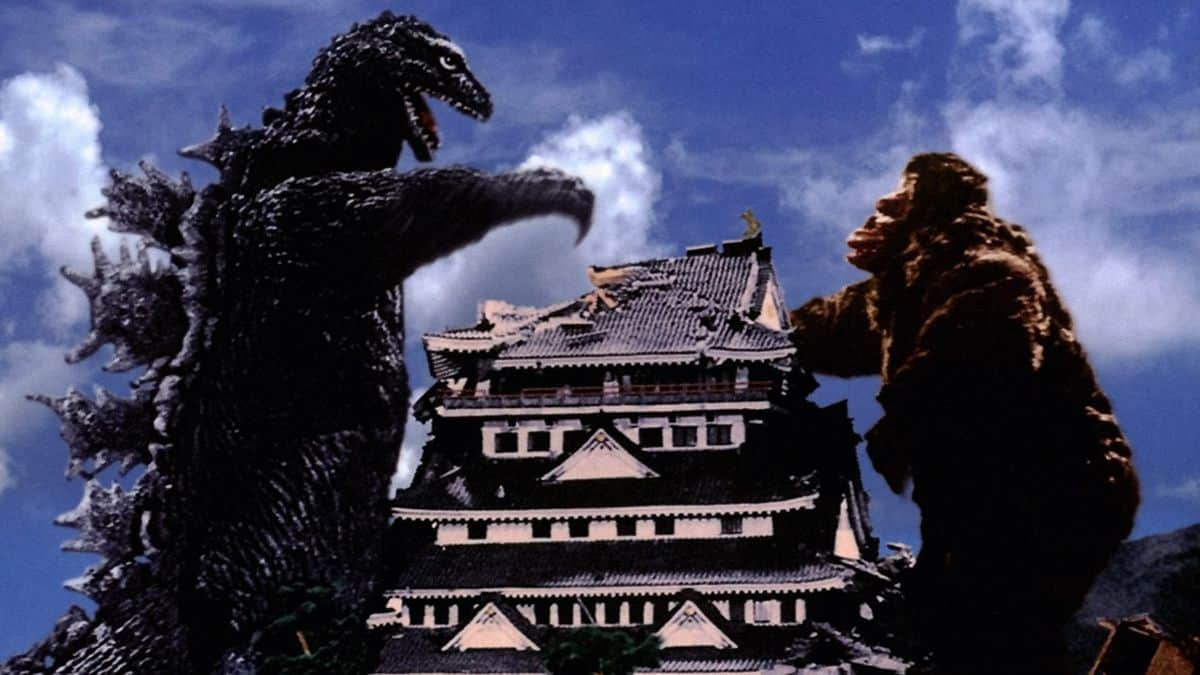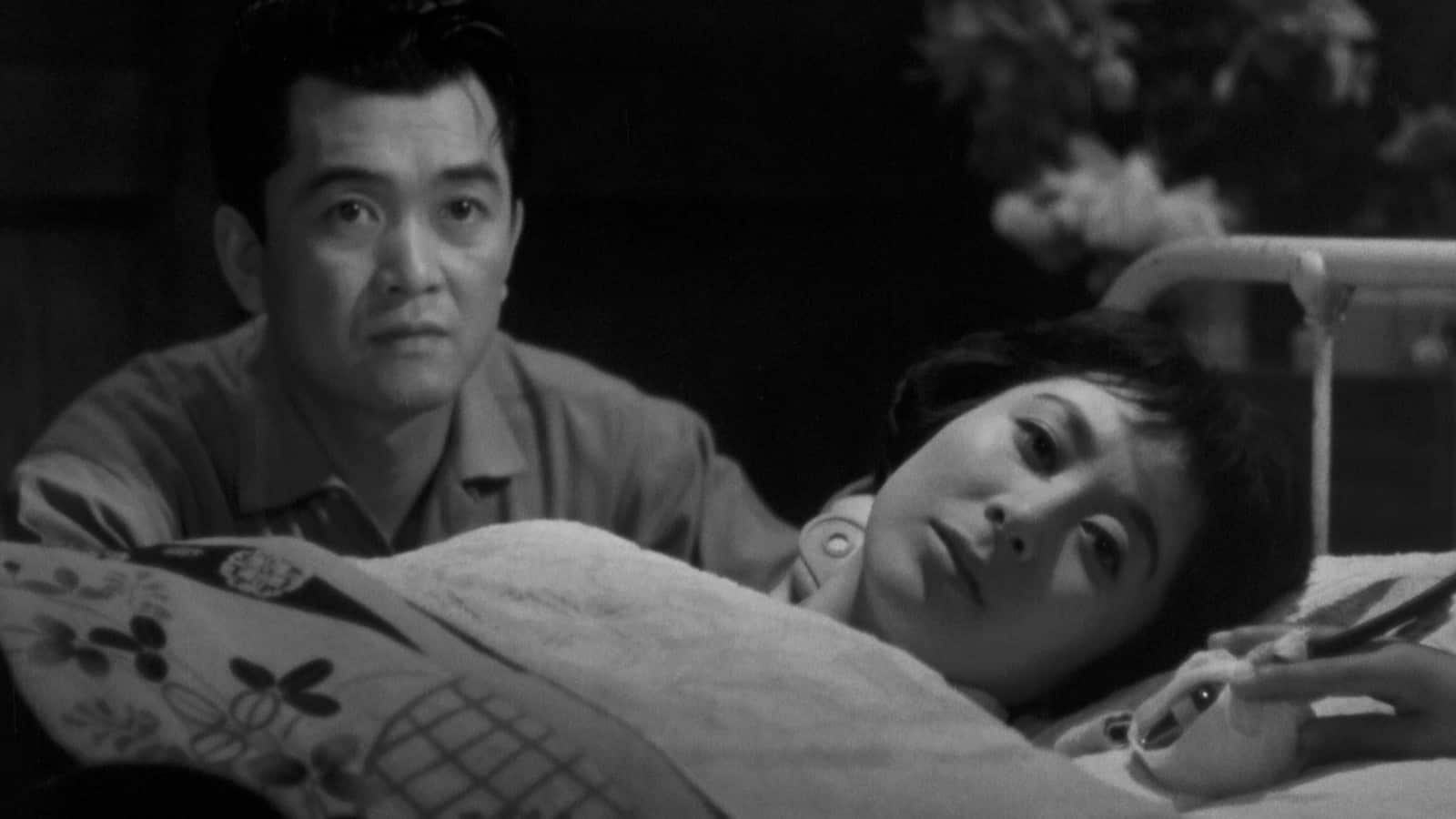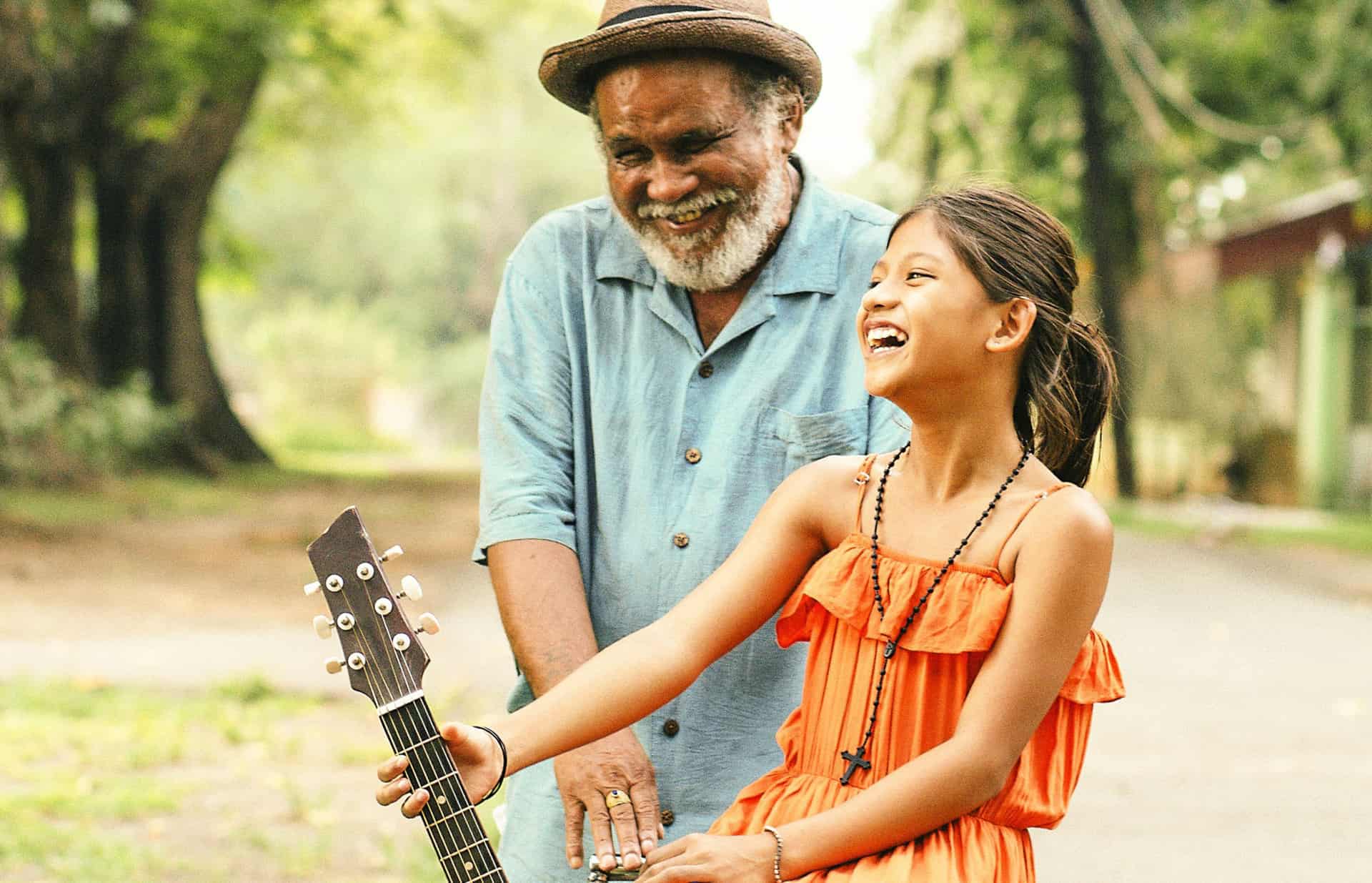Films centred around disability can often be tricky to interpret, especially when those involved in the creative process have little first-hand knowledge of the subject matter. It's welcome, then, that “Awoke” was co-written and directed by Jung Jae-ik, with the narrative being based on some of his and others' lived experiences. With the film, Jung and co-director Seo Tae-soo deliver a sobering and revealing drama.
Awoke is screening at London Korean Film Festival

Kang Jai-gi (Jo Min-sang) is involved in a devastating car accident that leaves him paralyzed. However, despite being confined to a wheelchair, his tests deem him to not be entitled to the required level of disability support. This unfair verdict leaves the door open for the manipulative Ko Byeong-ho (Lim Ho-jun), who takes advantage of Jai-gi's desperate situation as a means of extorting money.
One of the most upsetting elements of “Awoke” is that it highlights how easily one can be manipulated, as well as how cruel those manipulating can be. The twisted friendship that develops between Byeong-ho and Jai-gi is painful to watch unfold, as the latter loses money, wellbeing, and dignity under the false hope of his sacrifices leading to a better life. Byeong-ho is a despicable individual, as he feigns charm and friendship to fuel his own selfish endeavours. His limits know no bounds, but it's the ease with which he gains sympathy and trust that makes him so dangerous. The toxic relationship between Byeong-ho and Jai-gi only intensifies as we crawl towards the gut-wrenching finale, the despair of which is made all the worse for the fact that it could be seen coming a mile off.

There is another villain at play aside from Byeong-ho, and that is the system that Jai-gi is at the mercy of. A number on a card determines his entire life's trajectory, with an insufficient disability status on paper clouding what officials see in front of their very eyes. Jai-gi is labelled a time-waster and looked upon as a cheat, whether he's looking to find work or trying to get a sufficient walking stick. No one seems to want to take responsibility as he and his cousin, Eun-ju, are shifted from one place to the next in search of basic support mechanisms. Bureaucratic protocol outweighs common sense and empathy, as institutional failings allow scum like Byeong-ho to thrive.
There's a cynical message behind the criticism in “Awoke”: being good will get you nowhere. That may sound quite broad a statement, but one only has to look at the reasons behind Jai-gi's troubles to find some truth behind it. Jai-gi is only awarded the lowest level of disability because he doesn't try to cheat the system in search of greater benefits, unlike others awarded a higher level. Similarly, he cannot fathom the true motivations behind Byeong-ho's friendship, and as such, falls for his ploy hook, line, and sinker.
A large part of what makes Jai-gi's plight so engaging is the wonderful performance from Jo Min-Sang. There's a naivety and innocence to the character that comes through in Jo's portrayal, both of which are vital to the emotional hook of the film. By contrast, Lim Ho-jun is utterly detestable as Byeong-ho, which can only be the sign of an equally wonderful performance. The actor demonstrates his ability to channel petulance and disgust in one instance only to exude albeit sleazy charm the next. Han Tae-gyeong must also be commended for what is a reserved yet impactful performance in what is a challenging role.
As well as being driven by a stellar narrative, “Awoke” is also accompanied by some striking visuals. The bleak cinematography contributes to the downtrodden feeling that overshadows the film, while the drawn-out sequences of Jai-gi's bureaucratic encounters heighten the intended feeling of frustration. Not everything is dark and dour, though, as there's also one wonderful visual of a wheelchair-free Jai-gi walking away from his cousin's home down a softly lit, empty street – a saddening illusion that captures his longing for a return to normal life.
“Awoke” is a profound drama that's depressing by design. While this may sound off-putting initially, know that there's a cutting realism in how Jung and Seo portray Jai-gi's desperate situation, despite the cinematic presentation. It's this grounded nature that sets “Awoke” from more typical dramas about disability that seeks to evoke sympathy, as it instead highlights the systematic failings that allow sorry situations, such as Jai-gi's, to develop. Jung and Seo's scathing critique made me angry, as I imagine it will make many others.


